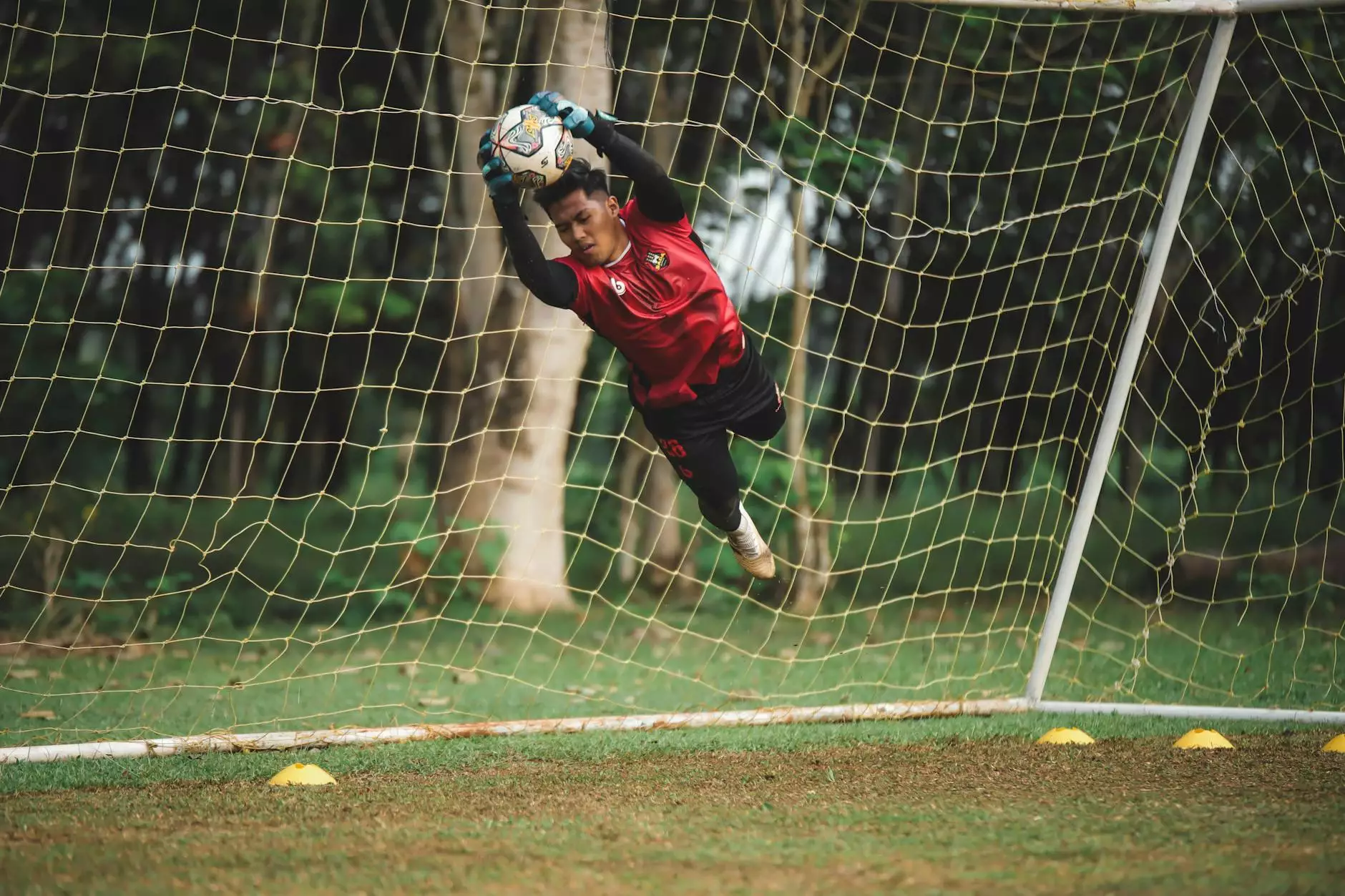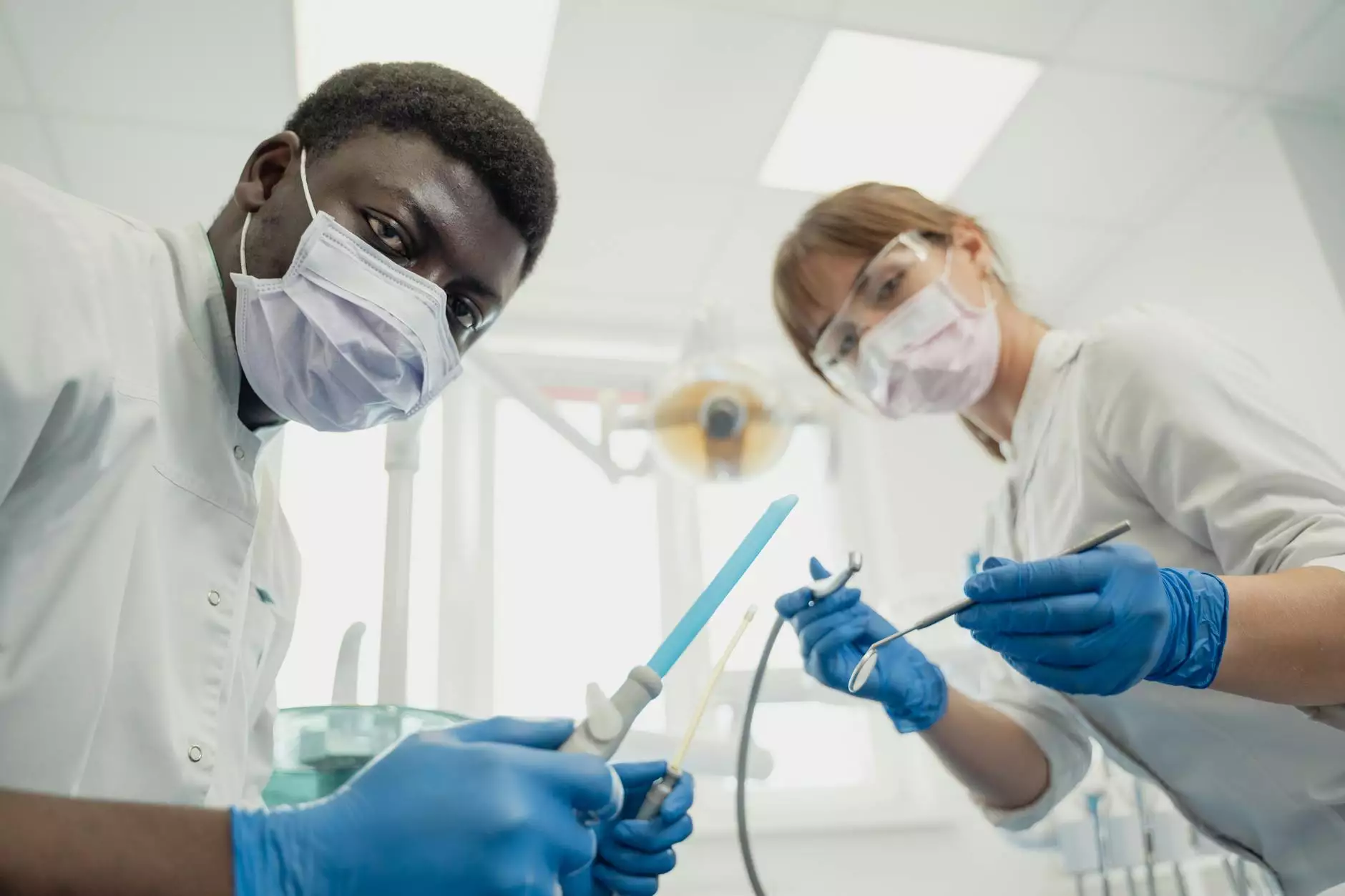Boost Your Business Success with Effective Team Development Training

In today's competitive landscape, the success of any organization heavily relies on the strength and cohesion of its teams. Team development training plays an essential role in empowering individuals, fostering collaboration, and enhancing overall productivity. This comprehensive guide will delve into the nuances of team development, its crucial components, and how businesses like callofthewild.co.uk can leverage these strategies to thrive.
The Importance of Team Development in Business
Effective teams are the backbone of any successful business. When teams function well, they can achieve remarkable outcomes. The following points illustrate the significance of team development training:
- Enhanced Communication: Open lines of communication improve collaboration, trust, and morale among team members.
- Increased Productivity: Well-trained teams are more efficient, leading to better performance and output.
- Conflict Resolution: Training equips team members with skills to resolve conflicts amicably, preventing discord.
- Higher Employee Retention: Employees are more likely to stay with a company that invests in their personal and professional growth.
- Better Problem-Solving: Diverse teams trained in collaborative techniques can innovate and solve issues more effectively.
Key Components of Effective Team Development Training
Implementing a successful team development training program involves several critical components that must be considered:
1. Goal Setting
Clearly defined goals are fundamental to the success of any team development initiative. Setting specific, measurable, achievable, relevant, and time-bound (SMART) goals ensures that all team members are aligned and understand their contributions toward collective objectives.
2. Trust Building
Trust is the cornerstone of a successful team. Activities designed to foster trust, such as team-building exercises, support open communication and comfort amongst members. Trust allows employees to feel safe in sharing ideas and feedback.
3. Role Clarity
Every team member should have a clear understanding of their role and responsibilities within the team. Role clarity minimizes confusion and helps individuals focus on their tasks, leading to increased productivity.
4. Collaboration Skills
Team development training should emphasize collaboration skills, including active listening, constructive feedback, and conflict resolution techniques. Training in these areas prepares employees to work together effectively, regardless of differences.
5. Continuous Feedback
Regular feedback is crucial for improvement. Implementing a feedback loop allows team members to grow and adapt continuously. Training programs should teach participants how to give and receive feedback constructively.
Types of Team Development Training
Various types of training can be employed to develop team dynamics. Here are some popular training methodologies:
1. Workshops and Seminars
Interactive workshops and seminars provide a platform for learning and practicing new skills. They often include role-playing exercises and real-life scenarios, which enhance retention and practical application.
2. Outdoor Team-Building Activities
Outdoor activities, such as obstacle courses and trust exercises, promote camaraderie and teamwork. These experiences help team members bond outside the usual work environment, which can strengthen their working relationships.
3. Online Courses and E-Learning
With the rise of technology, online learning platforms offer flexible options for team development training. These courses can range from leadership training to communication skills, available on-demand for participants.
4. Coaching and Mentoring
One-on-one coaching or mentoring can provide personalized guidance. This approach focuses on individual growth while fostering skills that benefit the entire team dynamics.
Implementing a Successful Team Development Training Program
To implement an effective team development training strategy, follow these essential steps:
1. Assess Team Needs
Before investing in training, assess your team's specific needs through surveys, interviews, or performance reviews. This assessment will guide the selection of relevant training topics.
2. Choose the Right Training Method
Select training methods that resonate with your team culture and objectives. Consider the preferences and learning styles of your team members when deciding between in-person, online, or hybrid training.
3. Establish a Budget
Determine a budget for your team development training program. Consider both financial resources and time. Allocate enough funds for high-quality training materials and professional facilitators, if necessary.
4. Schedule Training Sessions
Choose times that are convenient for your team, minimizing disruption to regular work hours. If possible, incorporate training into team retreats or professional development days.
5. Evaluate and Measure Success
Post-training evaluations are essential to measure the effectiveness of your team development training. Gather feedback from participants and monitor improvements in teamwork, collaboration, and productivity over time.
Conclusion: The Path to Greater Team Success Through Team Development Training
Investing in team development training is a vital strategy for businesses looking to enhance team dynamics and achieve sustainable success. By prioritizing effective communication, building trust, and providing ongoing training opportunities, organizations can foster an environment that encourages collaboration and innovation.
With a focused approach on training, businesses including callofthewild.co.uk in the Active Life industry can not only improve their internal processes but also enhance their competitive edge in the marketplace.
Call to Action
If you are ready to invest in team development training, consider partnering with professionals who can tailor the experience to meet your business needs and goals. Together, we can cultivate a more effective, engaging, and high-performing team.









